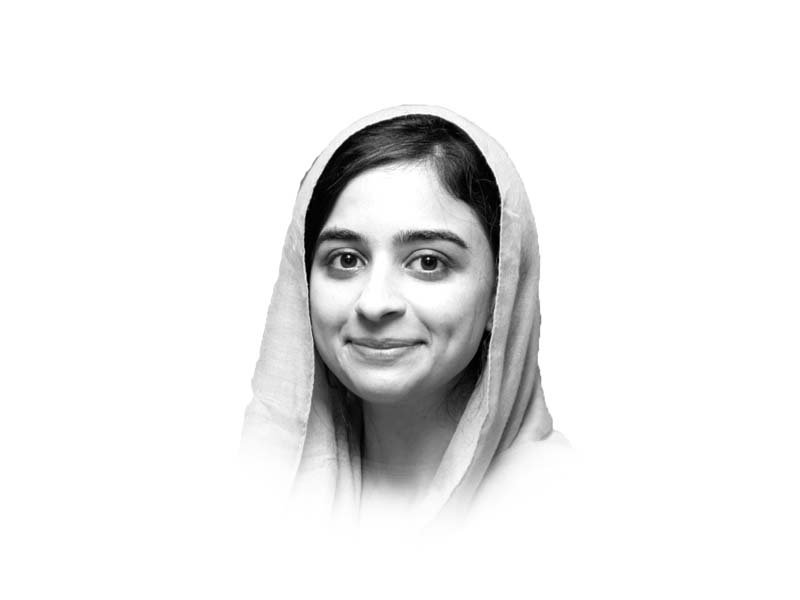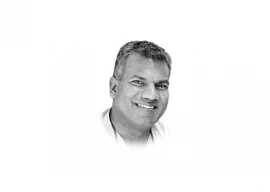
On February 4, the first consignment of Covid-19 vaccines from Moscow (consisting of 10,000 doses) landed at Imam Khomeini airport in Tehran. The Russian Sputnik V vaccine is being administered in several countries, including Argentina and Hungary. Iran purchased the counteract through the COVAX facility, an apparatus set up by the World Health Organization (WHO) to facilitate fair distribution of vaccines. Last week, Pakistan also issued an Emergency Use Authorisation (EUA) on it.
In Iran, the acquisition of the Russian manufactured vaccine has generated deliberations primarily because of the delay in WHO’s authorisation. However, after Ayatollah Ali Khamenei’s announcement on January 8, during which he dubbed vaccines made in America and the UK as completely “untrustworthy” and prohibited their use, Iran was left with limited choices for its 80 million people.
Last year on February 18, Iran emerged as one of the first Covid-19 plagued countries. By March 2020, Iran had become one of the epicentres of the virus, outside of China. Socio-economic barriers entailed that most countermeasures had to be developed within the country. At the moment, Iran numbers among the top 10 when it comes to corona death toll, with more than 58,000 lives lost of cases exceeding 1.4 million.
In December 2020, Iran began testing on its first domestic vaccine, COVIran Barekat, which it expects to be distributed by spring 2021. An announcement of a second locally manufactured counteract, Razi COV-Par was made on February 7. In early January, Iran and Cuba — two of America’s unfaltering opponents and subsequently under sanctions — announced they were cooperating on a vaccine named Soberana, which translates into ‘sovereign’.
Since America’s withdrawal from the JCPOA in 2018, the Iranian economy has gone into recession. GDP has fallen by 11% and mean living standards have decreased by 13%. The abandonment also caused inflation to rise to exceptional levels — with a rate of 41% in 2019. With very less fiscal room to go through a prolonged lockdown, Iran opened up its economy early in order to sustain its domestic economy.
Even though humanitarian imports such as medicines are exempted from sanctions, broader embargos on Iranian banks have constrained Tehran’s ability to import vital supplies. Such hinderances have peddled Iran into undertaking domestic vaccine research. Although, the new Biden administration is said to be considering ways of easing Iran’s financial difficulties, without entirely lifting sanctions, this is being viewed with guarded optimism in Tehran. Sure enough, in an interview on February 7, President Biden stated that his country will not lift sanctions until Iran puts a curb on uranium enrichment.
For Iran, Covid-19 as well as US sanctions have become twin tribulations.
According to Article 12 of the International Covenant on Economic, Social, and Cultural Rights, everyone has the right to “the highest attainable standard of physical and mental health”. Both America (1977) and Iran (1968) are parties to the covenant. Undoubtedly, Covid-19 has made provision of foreign aid a public tool, which can be misused. Already amidst new terminologies such as “Covid savoir-faire” and “vaccine diplomacy”, rich countries are precipitously asserting claim on future doses of Covid-19 vaccine leaving inequality fault lines in their wake. Billions of people in poor and middle-income countries might not be able to access the vaccine till 2024.
Viruses do not know borders. Similarly, there should be no disparity when it comes to vaccine allocation. Powers should ensure it is affordable, and easily available as it is every human’s right. With the current direction of events, there is an increased risk of access in direct proportion to the ability to pay, opposed to a need-based assessment.
A global concerted effort is the need of the hour.
If not now… when?



1724152318-0/beyonce-(1)1724152318-0-165x106.webp)
1728213758-0/Tribune-Pic-(2)1728213758-0-165x106.webp)








COMMENTS
Comments are moderated and generally will be posted if they are on-topic and not abusive.
For more information, please see our Comments FAQ